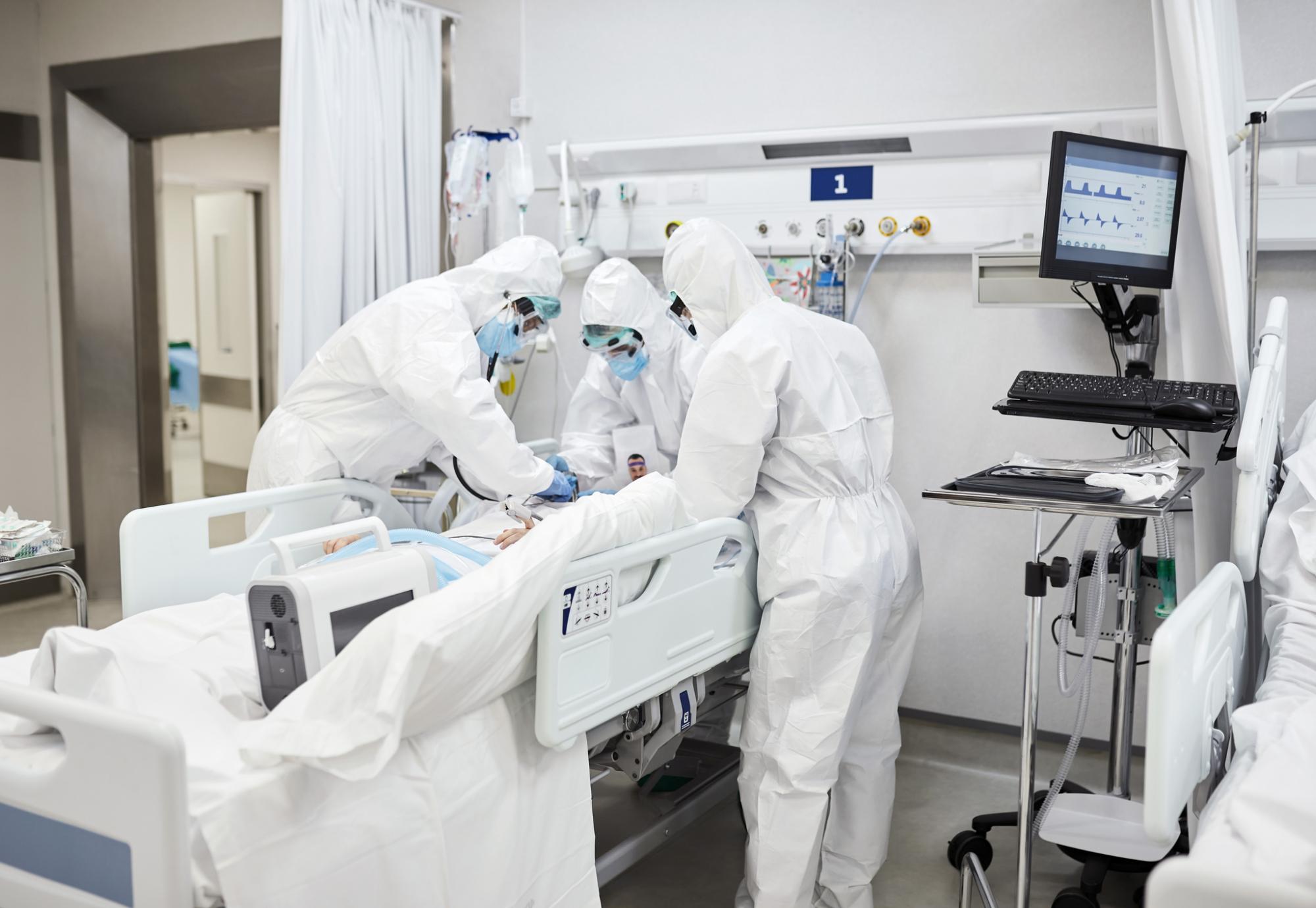A study carried out by the University of Cambridge and Addenbrooke’s Hospital has found that portable air filtration and ultra-violet sterilisation devices could be an effective method of removing COVID-19 particles from the air.
Dr Vilas Navapurlar, a consultant in intensive care medicine who led the study, said: "Reducing airborne transmission of the coronavirus is extremely important for the safety of both patients and staff.
"Effective PPE has made a huge difference, but anything we can do to reduce the risk further is important,
"Because of the numbers of patients being admitted with COVID-19, hospitals have had to use wards not designed for managing respiratory infections.
"During an intensely busy time, we were able to pull together a team from across the hospital and university to test whether portable air filtration devices, which are relatively inexpensive, might remove airborne SARS-CoV-2 and make these wards safer."
Devices, which contain highly efficient particulate air filters and UV sterilisers were placed around the ward. The filters consisted of thousands of fine fibres which are knitted together to filter out the Covid particles.
The machines filtered the entire volume of air within the room between five and 10 times an hour causing transmission between patients and staff to decrease due to the minimising of airborne particles.
Air samplers, like those found in PCR Covid tests, were placed around the room to test samples of the filtered air. The results showed that traces of the SARS-CoV-2 virus have been reduced, whilst also reducing levels of other particles such as bacterial, fungal, and other bioaerosols.
Dr Andrew Conway Morris, from the department of medicine at the University of Cambridge, said: "We were really surprised by quite how effective air filters were at removing airborne SARS-CoV-2 on the wards.
"Although it was only a small study, it highlights their potential to improve the safety of wards, particularly in areas not designed for managing highly infectious diseases such as COVID-19,"



















